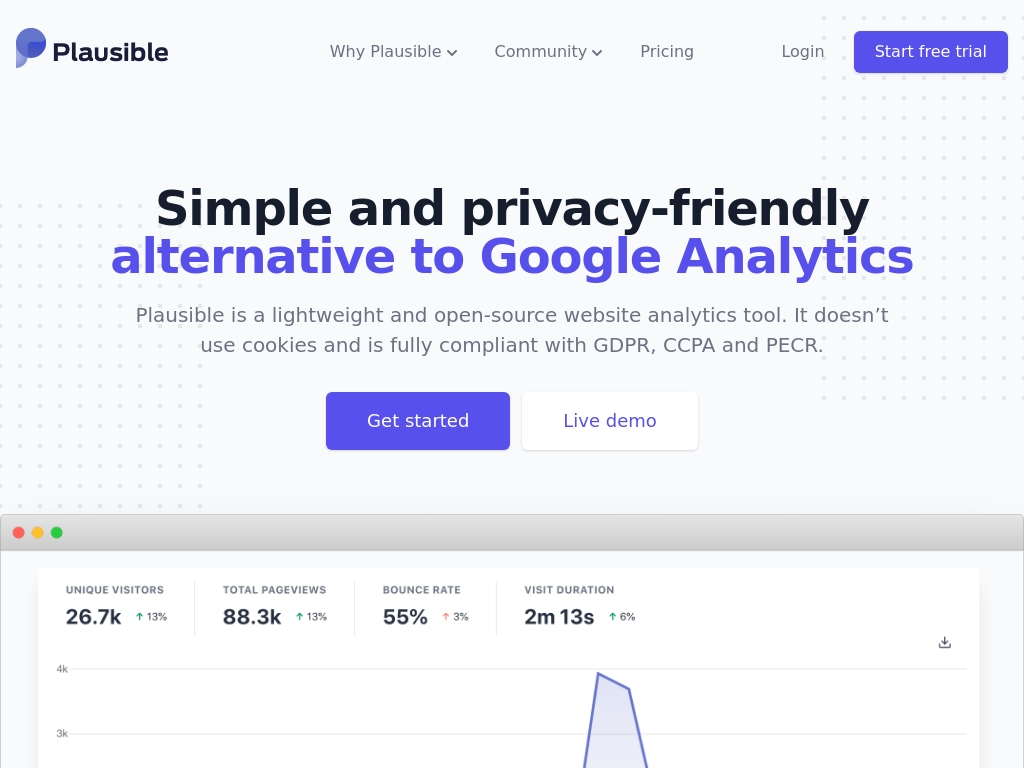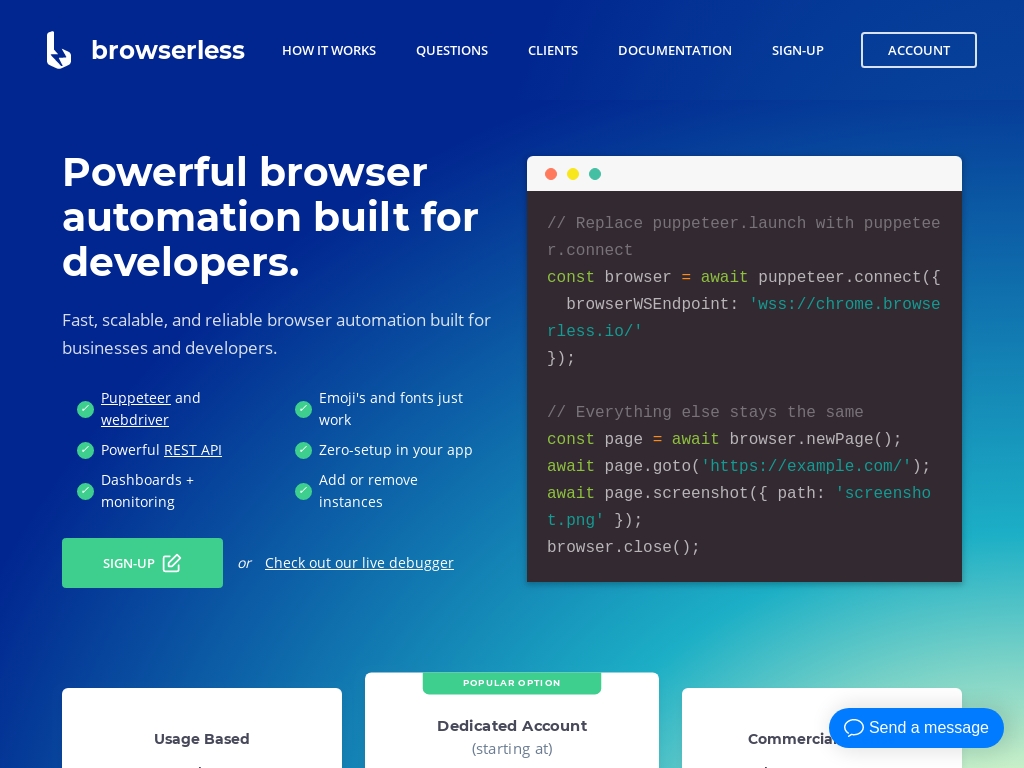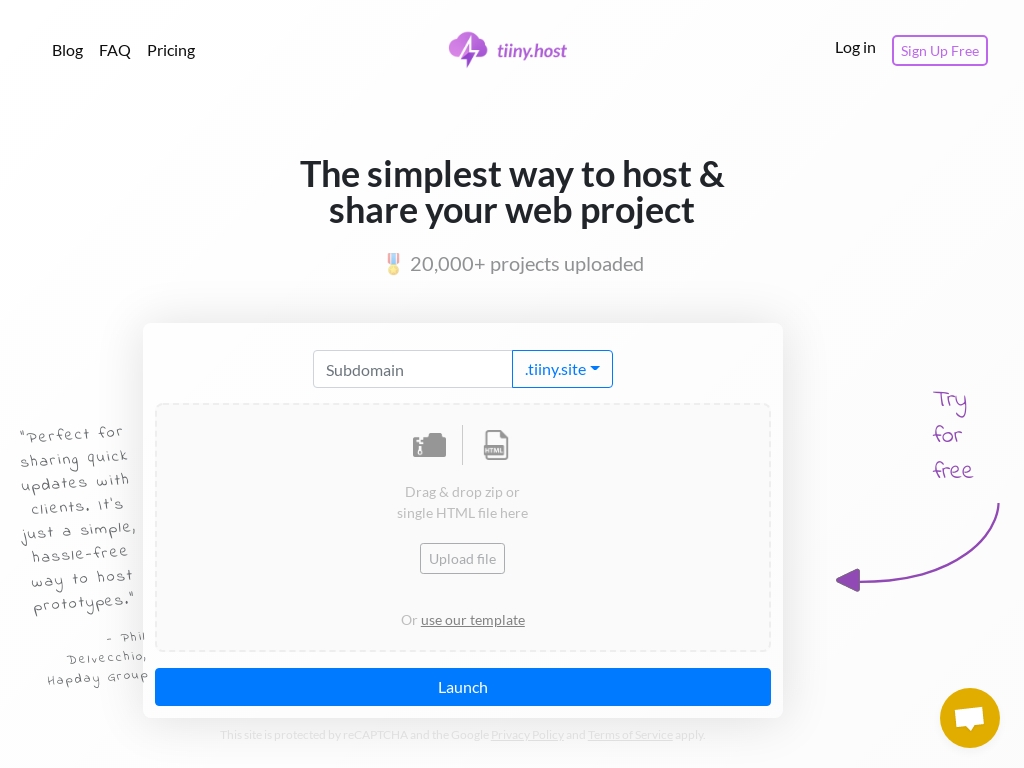How Valerio Barbera Built Inspector.Dev to $74K in 5 Years
Who is Valerio Barbera?
Valerio Barbera, the founder of Inspector Dev, is a software engineer and Laravel-certified developer from Italy with over ten years of experience in improving software for teams in Italy and France. Valerio spent a few years working at Ericsson before leaving to start his own company, which eventually led to founding Inspector Dev, a SaaS product aimed at helping developers easily monitor code execution.
What problem does Inspector Dev solve?
Inspector Dev solves the headache of catching software bugs before they reach users, saving developers time and protecting their reputation.
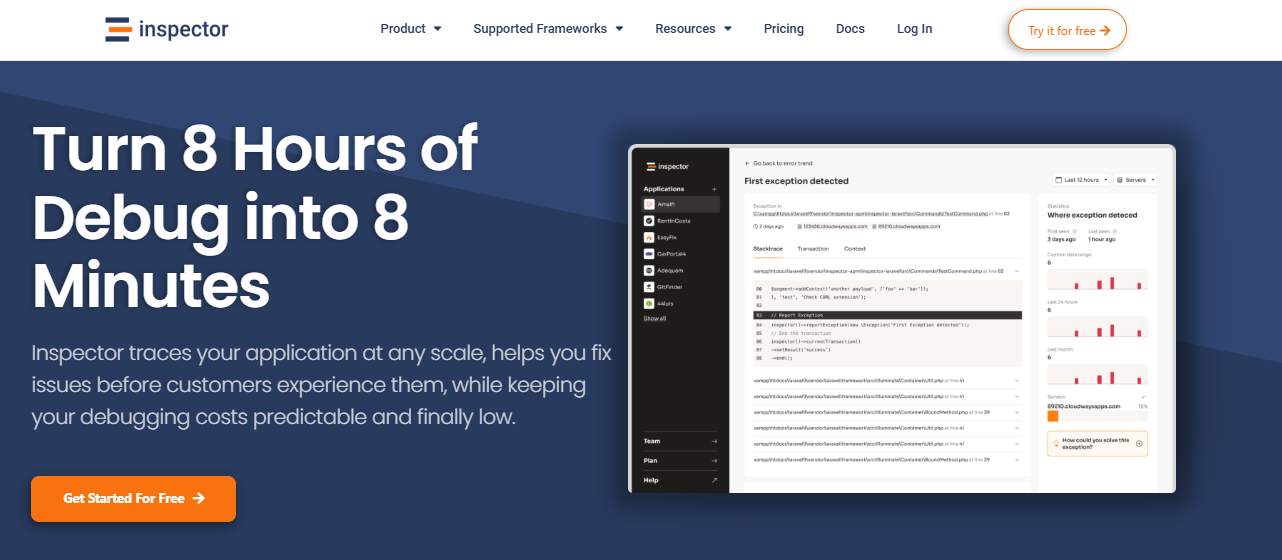
Inspector.dev Homepage
How did Valerio come up with the idea for Inspector Dev?
Valerio, having spent over a decade in the software development world, noticed a common problem: developers often waste a lot of time checking if their applications are running smoothly instead of creating new features. This realization came from his own frustrations and experiences working with various teams. After leaving a big company to start his own consulting agency, he tried multiple ventures that didn’t align with his expertise, which taught him the importance of Product-Founder Fit.
In 2020, leveraging his background in software engineering, he developed a tool initially designed as a library for his web apps during production monitoring. This tool evolved into Inspector as he connected with the need for a straightforward error detection system. Driven by initial positive feedback from a simple article about his tool, he realized the solution he created could help not just him, but other developers as well. Despite early challenges with communicating his idea and a steep learning curve, Valerio refined the product by listening to user feedback and focusing on building a tool that integrated seamlessly into developers' workflows without heavy configuration.
How did Valerio Barbera build the initial version of Inspector Dev?
Valerio Barbera developed the initial prototype of Inspector Dev, a SaaS monitoring tool, over a three-month period. He focused on building a user-friendly, lightweight software library that could be easily integrated into existing applications without the need for complex server-level installations. The initial prototype was a simple web application displaying raw data collected by a custom library built by Valerio, which fellow developers could utilize and provide feedback on. The process faced challenges, particularly regarding the backend design required to handle substantial real-time data volumes, prompting Valerio to temporarily defer the development of a user-friendly graphic interface. Technical hurdles required longer-than-anticipated efforts, especially for backend integration and real-time monitoring, before achieving a robust, operable version that met the anticipated product goals.
What was the growth strategy for Inspector Dev and how did they scale?
Technical Articles and Content Marketing
Inspector Dev leveraged the power of detailed technical articles to grow its user base. By writing in-depth articles about how their tool could help software developers, they established credibility and attracted a targeted audience. They shared content on platforms like Medium, Dev.to, and Hackernoon, as well as their own website, which helped draw organic traffic.
Why it worked: Developers are always searching for solutions to bugs and performance issues. Inspector's articles provided clear, technical insights and case studies, attracting those looking for practical solutions. Additionally, writing content that addressed specific developer challenges showcased Inspector as a reliable tool and built trust with their audience.
Social Media and Developer Communities
Inspector Dev engaged with developers on Reddit, Twitter, LinkedIn, and Facebook, aiming to reach a wider audience of potential users. These platforms were used to share their articles and insights, drawing in developers who were active in online communities.
Why it worked: Developers frequently seek knowledge and discuss tools within online communities. By tapping into these spaces, Inspector could directly engage with potential users, gain valuable feedback, and increase visibility. Platforms like Reddit provided a place for natural discussions about Inspector's utility and helped the company gain early traction.
Blog and SEO
Inspector Dev focused on SEO by optimizing their blog with relevant keywords and backlinks to improve search engine visibility. They offered valuable content that was pertinent to their audience's challenges, ensuring that when someone searched for solutions, Inspector would appear as a valuable resource.
Why it worked: By focusing on keywords specific to code monitoring and error tracking, Inspector was able to capture developers who were already seeking solutions. High-quality, detailed posts not only attracted visitors but also converted them into users by clearly demonstrating the tool's value.
Product Listings and Launch Platforms
Inspector utilized platforms like Product Hunt and Indie Hackers to launch their product and gather feedback from online communities. These platforms helped them gain early visibility and allowed users to test the product, leading to initial sign-ups and word-of-mouth promotion.
Why it worked: Launching on dedicated platforms allowed Inspector to tap into an audience looking for new tools and innovations. The feedback gathered further enabled them to refine their product according to user needs, enhancing its appeal and effectiveness.
What's the pricing strategy for Inspector Dev?
Inspector Dev offers a free tier and a paid subscription model, with pricing that typically starts at $19 per month, scaling with additional features and team members.
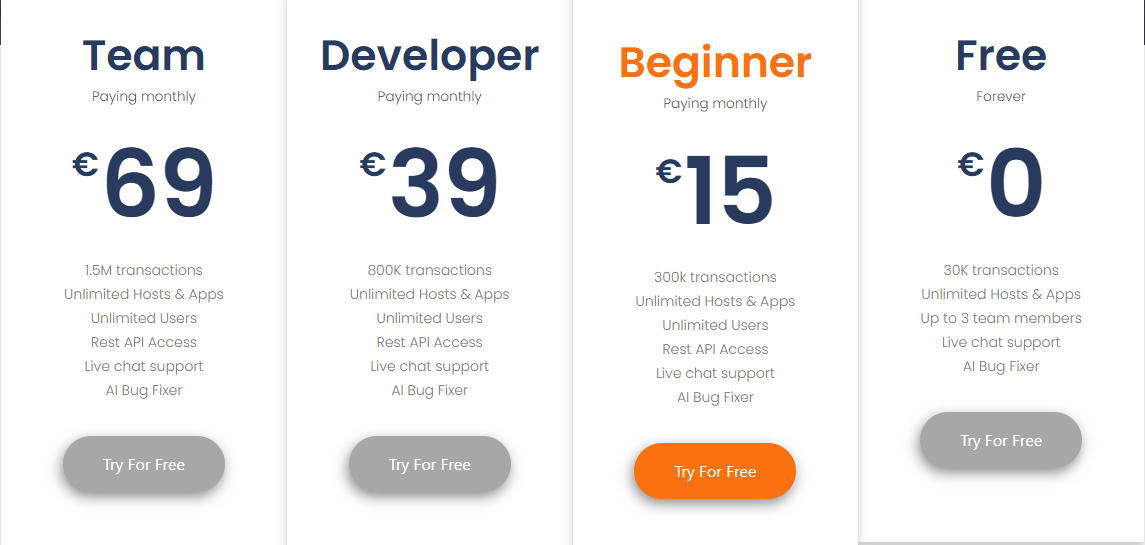
Pricing
What were the biggest lessons learned from building Inspector Dev?
- Communicate Clearly: Initially, users struggled to understand Inspector Dev due to unclear messaging. Valerio hired a professional copywriter to refine the content, underscoring the need for clear communication in product marketing.
- Iterate on User Feedback: The first prototype was insufficient. User feedback highlighted areas for improvement, prompting redesigns and enhancements, demonstrating the value of listening to early adopters.
- Leverage Content Marketing: Writing technical articles proved more effective for user acquisition than paid ads or influencer marketing. Sharing useful content organically attracted users.
- Persistence is Key: Building Inspector Dev involved challenges like redesigning the UI and marketing strategies. Valerio's persistence in refining and solving these issues was vital for success.
- Adapt and Learn: Lack of initial design and marketing experience led to setbacks. By taking courses and learning new skills, Valerio adapted and improved the product, highlighting the importance of continuous learning.
Discover Similar Business Ideas Like Inspector Dev
|
|
Idea
|
Revenue
|
|---|---|---|
|
PDFShift
|
HTML-to-PDF conversion API service.
|
$8.5K
monthly
|
|
Plausible Analy...
|
Privacy-focused, open-source web analytics tool.
|
$100K
monthly
|
|
Instatus
|
"Create real-time status pages for seamless customer updates."
|
$24K
monthly
|
|
TxtCart®
|
AI-Powered SMS Marketing for Shopify Stores
|
$85K
monthly
|
|
Browserless
|
Web automation SaaS for developers.
|
$50K
monthly
|
|
QR TIGER
|
QR code management for dynamic tracking and editing.
|
$300K
monthly
|
|
tiiny.host
|
Static website hosting made simple for everyone.
|
$15K
monthly
|
More about Inspector Dev:
Who is the owner of Inspector Dev?
Valerio Barbera is the founder of Inspector Dev.
When did Valerio Barbera start Inspector Dev?
2019
What is Valerio Barbera's net worth?
Valerio Barbera's business makes an average of $6.18K/month.
How much money has Valerio Barbera made from Inspector Dev?
Valerio Barbera started the business in 2019, and currently makes an average of $74.2K/year.

Download the report and join our email newsletter packed with business ideas and money-making opportunities, backed by real-life case studies.

Download the report and join our email newsletter packed with business ideas and money-making opportunities, backed by real-life case studies.

Download the report and join our email newsletter packed with business ideas and money-making opportunities, backed by real-life case studies.

Download the report and join our email newsletter packed with business ideas and money-making opportunities, backed by real-life case studies.

Download the report and join our email newsletter packed with business ideas and money-making opportunities, backed by real-life case studies.

Download the report and join our email newsletter packed with business ideas and money-making opportunities, backed by real-life case studies.

Download the report and join our email newsletter packed with business ideas and money-making opportunities, backed by real-life case studies.

Download the report and join our email newsletter packed with business ideas and money-making opportunities, backed by real-life case studies.

